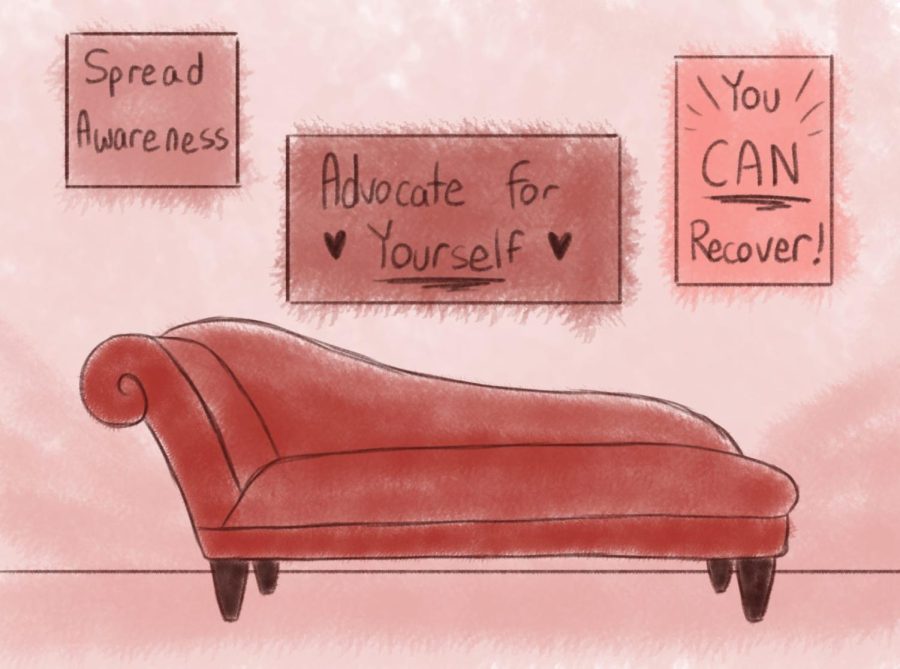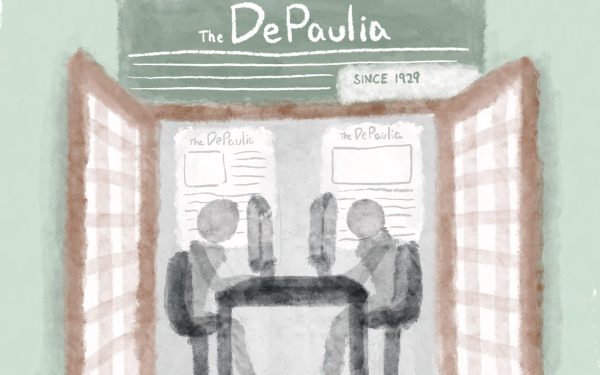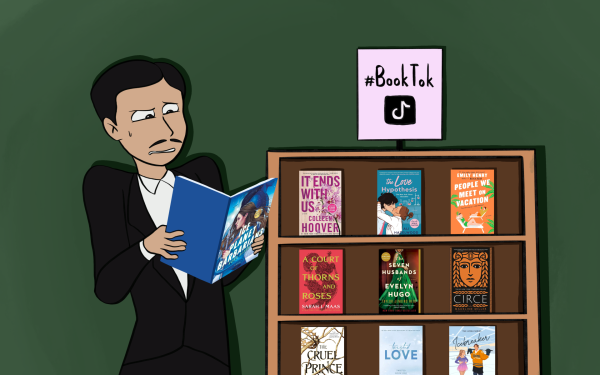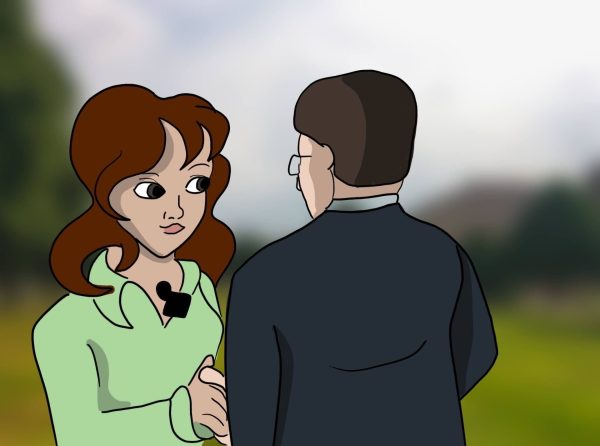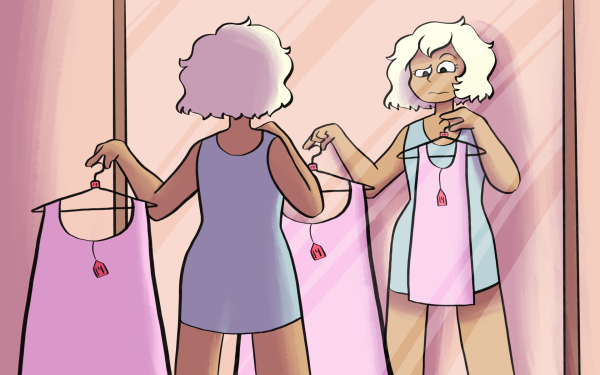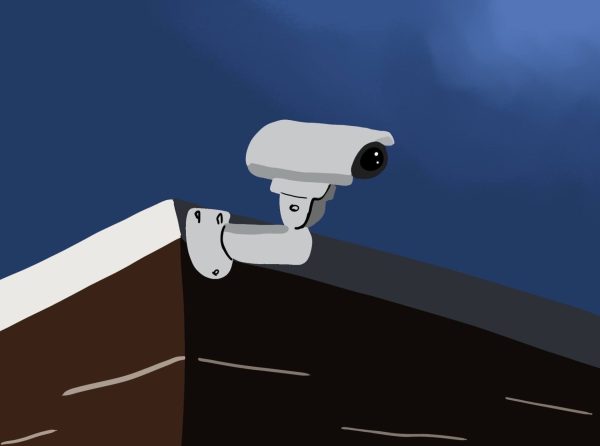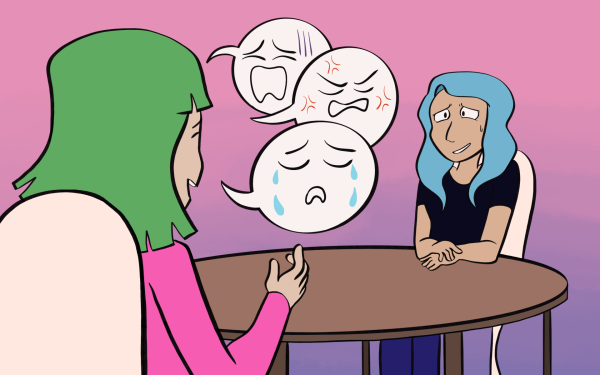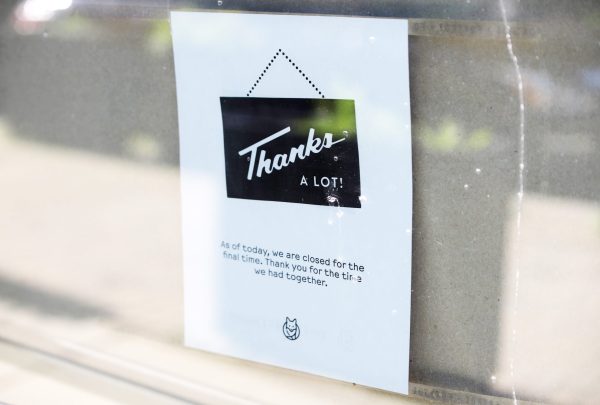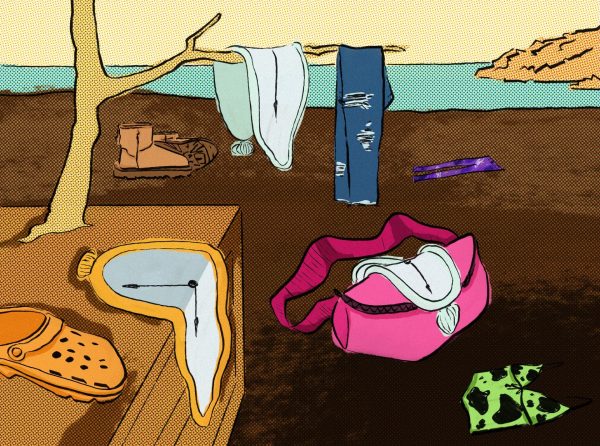COLUMN: The lessons I learned through eating disorder recovery
When I recall my past struggle and eventual recovery from anorexia nervosa, it is difficult not to feel embarrassed or ashamed.
Although five years have passed since my treatment team deemed me recovered, I’ve been reflecting on what eating disorder recovery means and, more importantly, what I’ve learned.
As we enter into the 36th annual Eating Disorder Awareness Week — a campaign focused on educating the public on eating disorders — I’m reminded of the significance of sharing stories of hope and healing amid such a tumultuous and triggering time.
With over 28.8 million Americans affected by eating disorders, you likely know somebody — if not yourself — struggling with this illness.
Though my experience is far from unique, my eating disorder forced me to confront my past, present and future. Either I swallowed my fears of judgment and advocated for myself or lived a miserable life confined to the back of cereal boxes and measuring cups.
However, asking for help has never been my strong suit, not because I think I know better, but rather out of fear of becoming a burden. Money was always tight growing up, and more often than not, I felt like one extra mouth to feed rather than deserving a spot at the table.
For me, recovery was more than asking for help. It was realizing my worth. I spent so much of my life trying to disappear, to trick myself into believing I needed less and that I wasn’t supposed to want more. By reducing my need for food, love and affection, I told myself that a life lived on empty was better than being seen asking for anything.
But that’s not true.
For so long, I believed the only way I could prove my pain was to preserve my suffering. I thought I would only be worthy of healing when others could see that I was hurting.
Unsurprisingly, the validation I was so desperately searching for could not be found in concerned comments or pitied looks of my friends and family. If I were to climb out of the hole I had dug into, I would need more than my own hands to get out.
When I first entered recovery, I remember thinking there was no way I could ever be who I once was. But I wanted my life back, which was enough to put me on the right path.
Yet, recovering from an eating disorder is far from a linear journey. Nobody can force you to want to get better or see beyond the illness’s tantalizing grip. Choosing recovery requires a kind of courage that isn’t always visible. It is a fortitude you must embrace to make seemingly inconsequential choices over and over until you look back and realize how far you’ve come.
While it felt far from heroic, recovery taught me that no number could define the quality of my character or dictate the amount of space I was allowed to fill. Although it may sound silly, regaining my body and peace of mind allowed me to see that life is not characterized by hardships or losses but rather by what we choose to do with our limited time here.
Despite allowing me a fleeting sense of purpose, my eating disorder could not coexist with the life I wanted to live. While recovery was one of the hardest challenges I’ve had to overcome, I know I have become a better version of myself for it.
If you or someone you know is struggling with an eating disorder, call or text (800) 931-2237 to reach the National Eating Disorder helpline or go to NationalEatingDisorderAssociation.org for additional resources.


